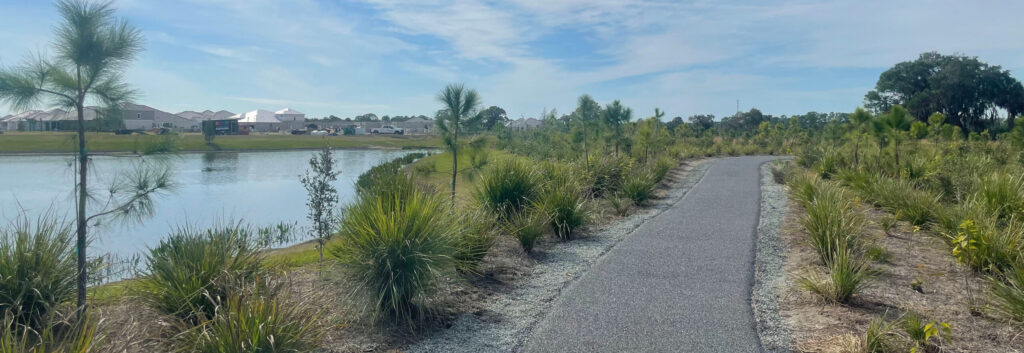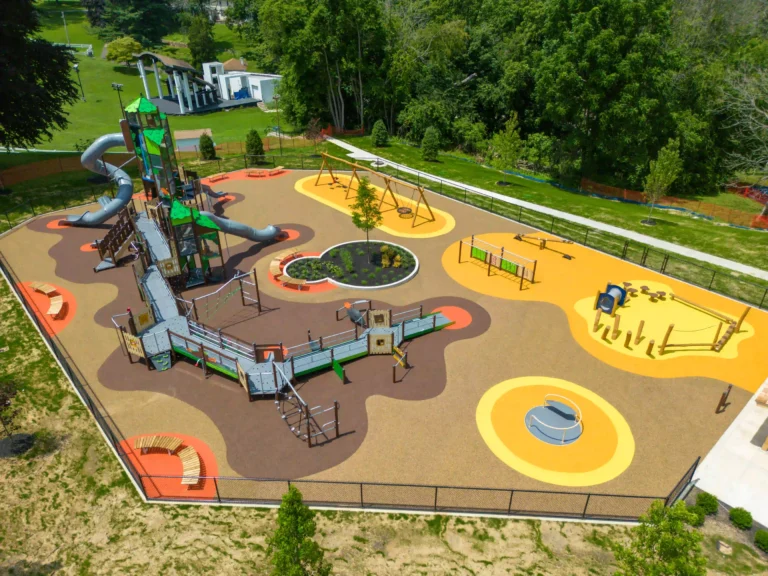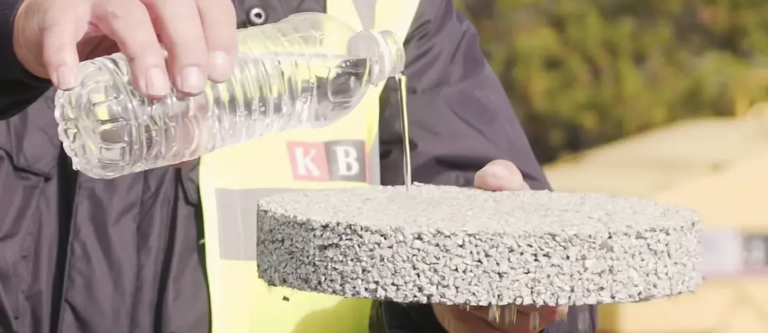The cost of Flexi-Pave in Florida typically ranges from $10.00 to $12.00 per square foot, including installation. Factors like the required thickness for traffic levels, custom colors, and designs can increase costs up to $20 per square foot. Additional site preparation such as grading or excavation, may also affect the final price

Factors Affecting Flexi Pave Cost In Florida
Material Requirements: The cost varies based on how much material is needed, which is determined by the project size and the pavement’s desired thickness. Thicker applications required for heavier traffic will naturally involve more material, increasing costs.
Customization: Flexi-Pave offers options for customization, such as unique colors and designs, which can elevate the project’s cost due to the extra processing and materials required.
Site Preparation: The initial state of the installation site can significantly impact costs. Sites needing extensive grading, excavation, or additional groundwork to prepare for paving will see higher preparation costs.
Labor Costs: The cost of installation can fluctuate depending on local labor rates and the installation’s complexity. More intricate designs and challenging installation conditions can require more skilled labor, pushing up the cost.
Geographic Location: Prices for materials and labor can vary across different regions of Florida. Urban areas might have higher labor rates, while transportation costs can be higher for remote locations, affecting the overall pricing.

Flexi Pave Cost Vs Cost Of Concrete
Initial Costs:
Flexi-Pave: The cost starts at about $10 to $12 per square foot and can increase to around $20 for customized options. This higher initial cost can be attributed to the specialized materials and the technology used to create its permeable, durable surface.
Concrete: Generally less expensive, ranging from $5 to $10 per square foot. The cost varies depending on factors like the mix quality, finish types, and reinforcement used.
Durability and Maintenance:
Flexi-Pave: Known for its resilience, Flexi-Pave withstands various weather conditions and traffic types without significant wear. Its porous nature reduces water runoff, decreasing the potential for water damage and maintenance needs.
Concrete: While fundamentally sturdy, concrete can crack and chip over time, especially in areas with freeze-thaw cycles or heavy traffic. These damages necessitate periodic patching and replacement, which could increase long-term maintenance costs.
Environmental Impact:
Flexi-Pave: Offers substantial environmental advantages, such as high permeability that aids in managing stormwater and reducing runoff, and uses recycled materials like tires, which contributes to waste reduction. These features make Flexi-Pave a preferred choice for sustainable building projects.
Concrete: Less environmentally friendly as it is impermeable and can contribute to runoff and heat island effects. Although recent advancements include more sustainable mixes, it typically lacks the green benefits associated with Flexi-Pave.
Conclusion
In conclusion, when considering pavement solutions like Flexi-Pave versus traditional concrete in Florida, it’s essential to weigh both the initial investment and long-term costs. Flexi-Pave, although initially more expensive, offers substantial durability and unique environmental benefits, making it a sustainable choice for projects requiring effective water management and eco-friendliness.
On the other hand, concrete, while less costly upfront, may incur higher long-term maintenance and lacks the environmental advantages of Flexi-Pave. Each material has its merits and should be chosen based on specific project requirements and environmental considerations.
Reach out to Custom Park Surfacing today for more info!



